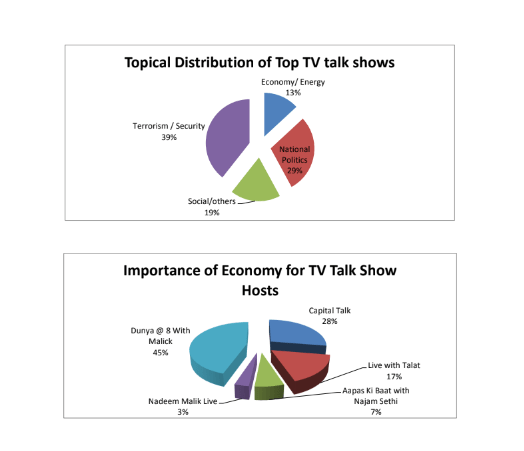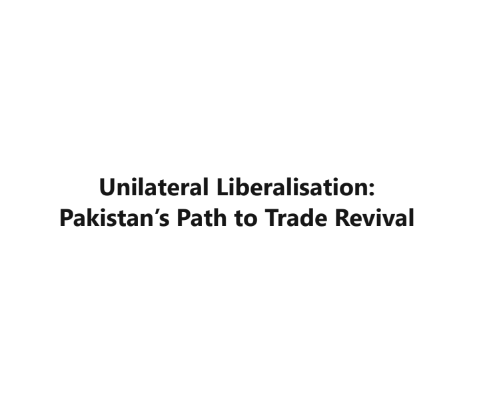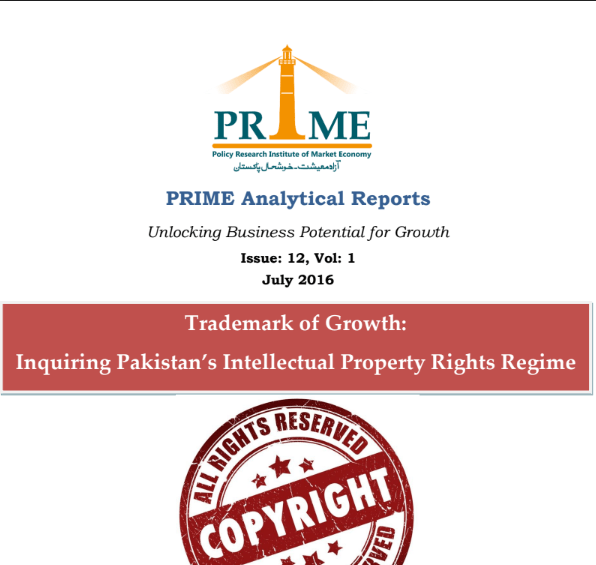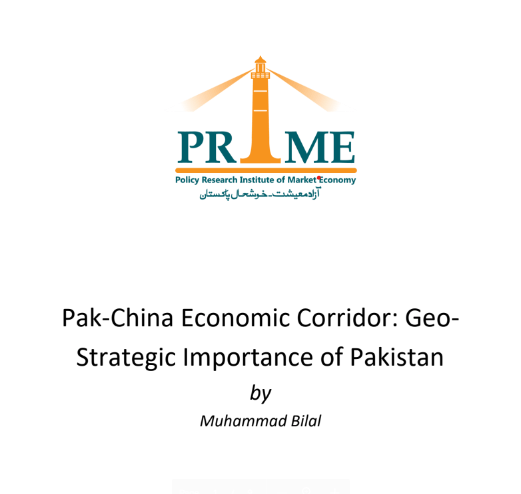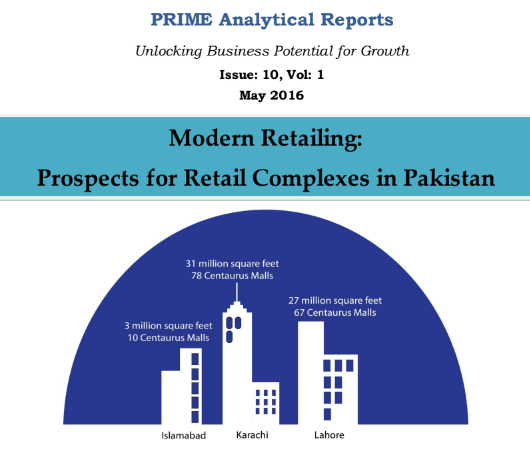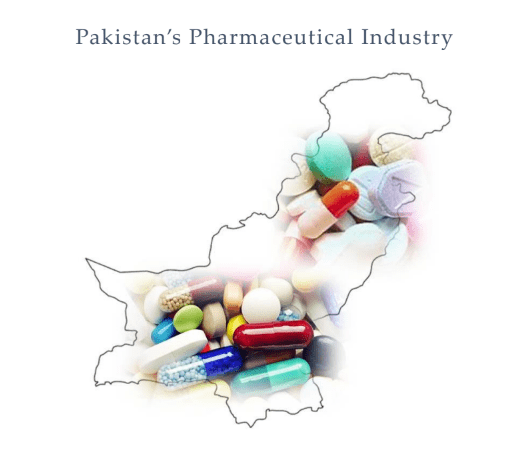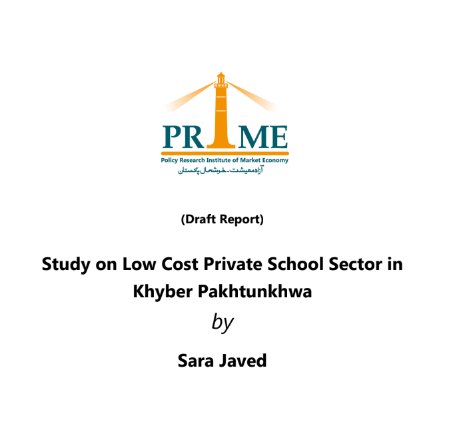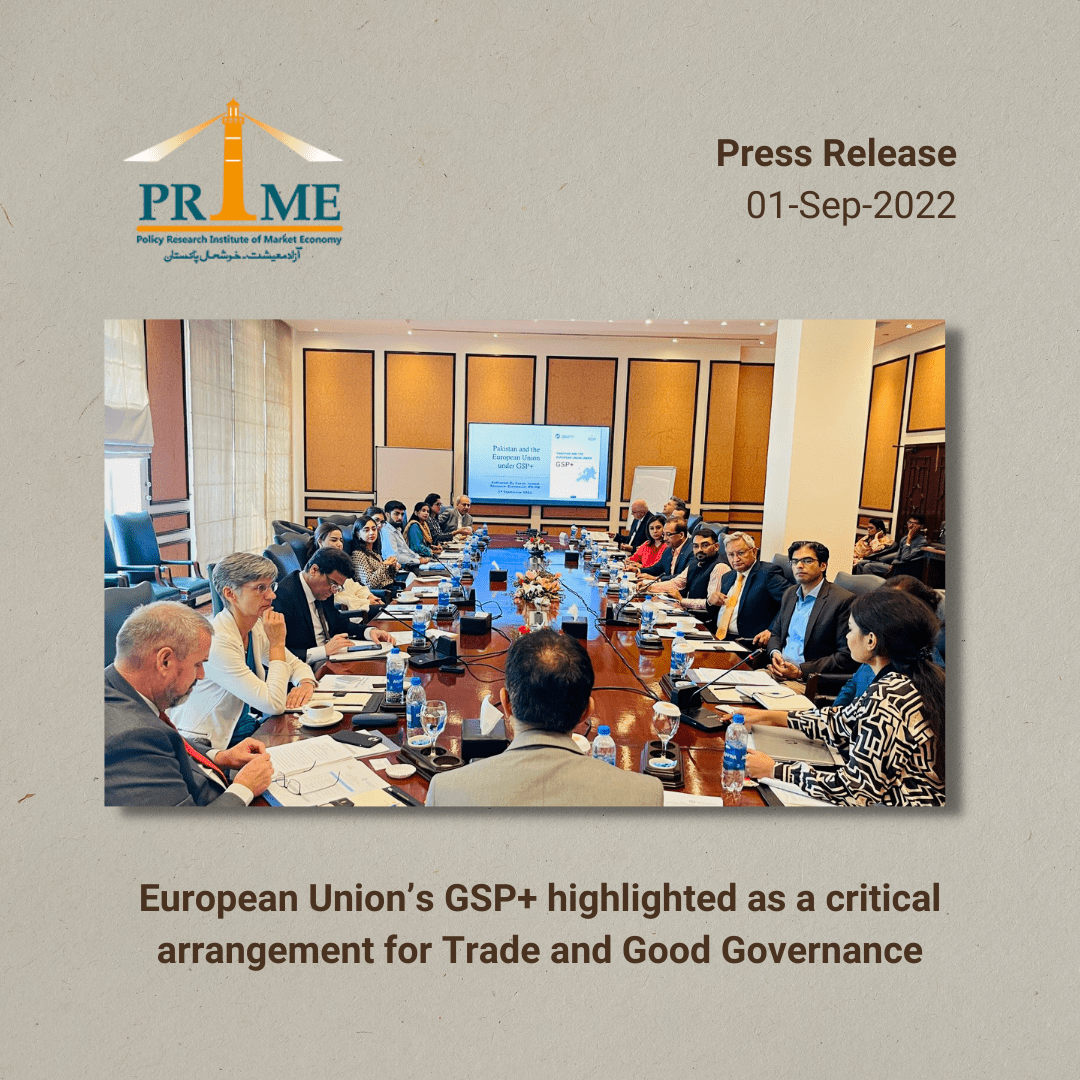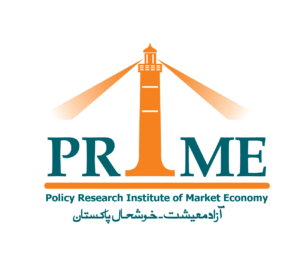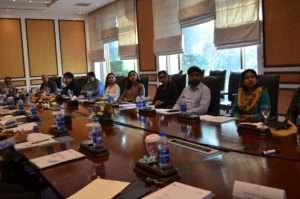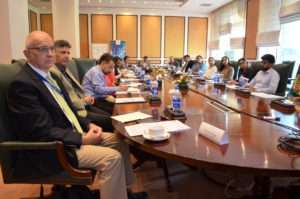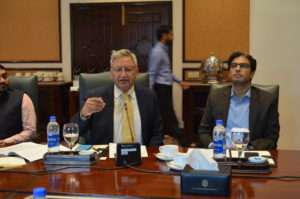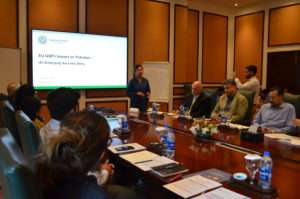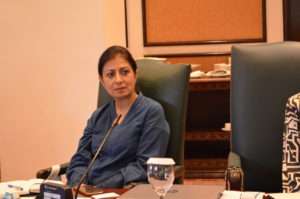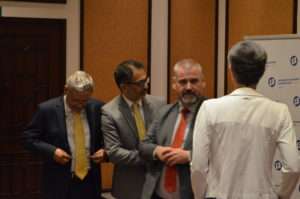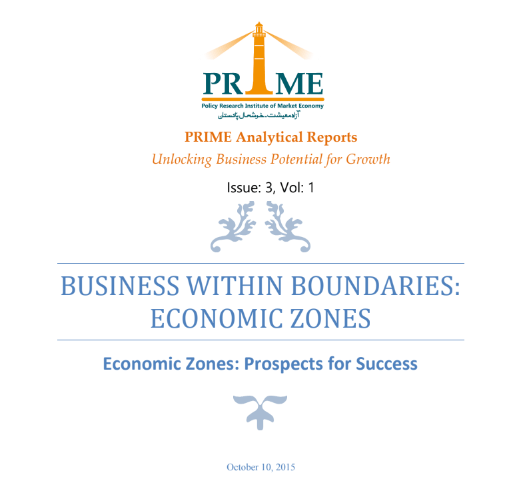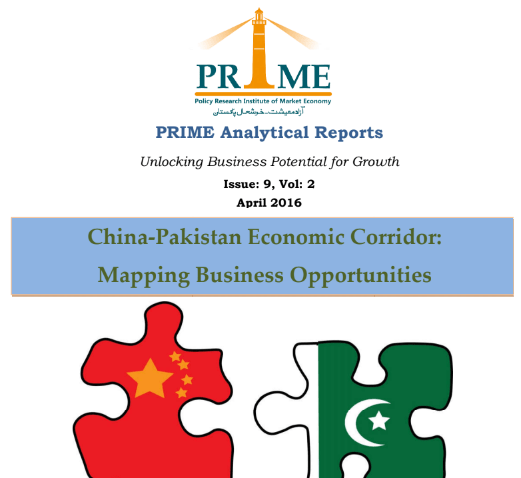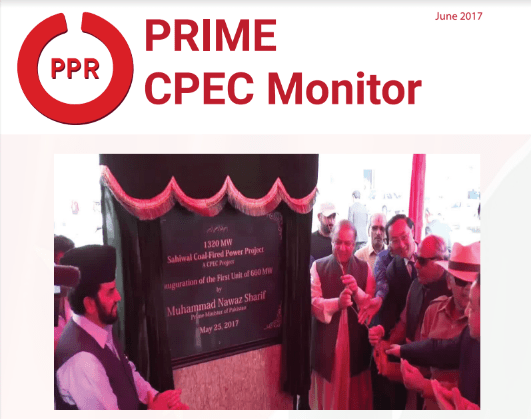How much economy appears in prime time content analysis of top tv talk shows
This report reviews how often Pakistan’s economy has been discussed by our electronic
media during its prime time talk shows. Top five talk shows of news channels i.e. Capital
talk (Hamid Mir), Live with Talat (Syed Talat Hussain), Aapas Ki Baat (Muneeb Farooq & Najam Sethi), Nadeem Malik Live (Nadeem Malik) and Dunya @ 8 With Malick (Muhammad Malick), have been included.
The shows were reviewed and categorized into four groups according to their topics namely Economy/Energy, National Politics, Terrorism/Security and Social/others (Education, governance, corruption, foreign policy).
[CONTINUED]
To read more, click here: How much economy appears in prime time content analysis of top tv talk shows
For media inquiries, contact saad@primeinstitute.org

